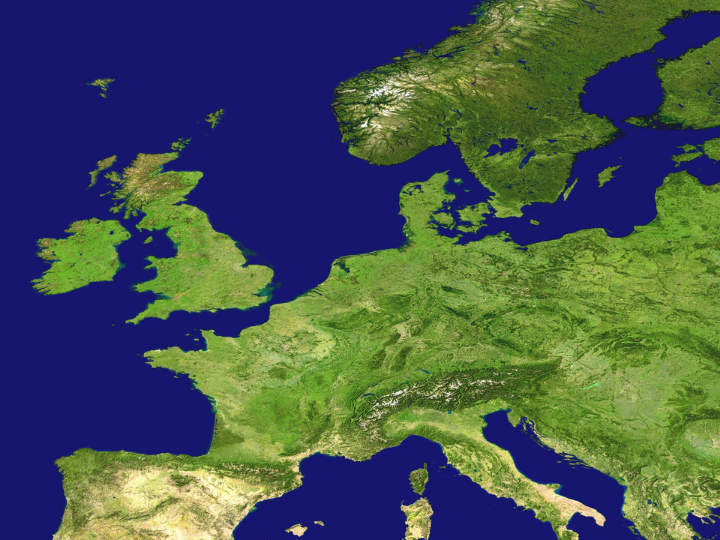N. Peter Kramer’s Weekly Column
EU federalists in particular, and other europhiles in general, had great expectations for the Conference on the Future of Europe. It would be a unique chance to concentrate, finally, EU power in ‘Brussels’ in the hands of the European Commission and the European Parliament and to downgrade the troublesome member states to the role of EU provinces.
The first bitter disappointment for them was that the hyper-federalist Guy Verhofstadt didn’t make it to become the Ruler of the Conference, although French President Emmanuel Macron promised him the role as consolation for dethroning the Belgian as leader of the Liberal group in the EP. Enough EU leaders were wise enough to block Verhofstadt’ s nomination and a complicated presidency arrangement for the Conference ensued.
The EU is fragmented; tensions and divisions have increasingly built up in the crisis years since 2010 and are paralysing the EU both internally and externally. The Future of Europe Conference is not the solution. Asking citizens what they want from the EU in this way is a massive failure. Most citizens don’t even know about the existence of the Conference, which has become a toy for pro-EU insiders. It is clear that trust in the EU’s institutions cannot be regained in this way.
A change of mentality in the way institutions behave is urgently necessary. Especially so amongst the heavily pro-Europe majority in the EP which is functioning as a kind of EU Deus ex machina; sending delegations to member states in apparent spot checks beyond the EP’s remit. The EP has been known to take the European Commission to court when it tries to solve problems with member states by negotiation and not by punishing them immediately.
The European Council is not able to reach significant decisions about issues, such as the increasing flow of migrants and rising energy prices, due to divisions between the leaders. We also see a controversial EU Court that is tending to gradually broaden the EU’s powers through its precedent setting judgments. A Dutch newspaper once called the Luxembourg judges ‘politicians in gowns’.
A crisis of authority over who has the last word in the EU is emerging. The Future of Europe Conference is not the answer.






